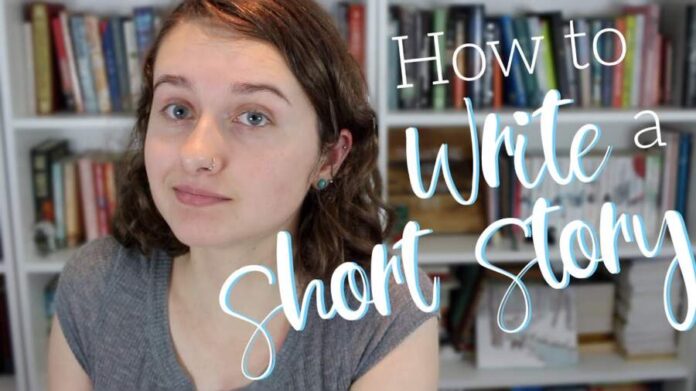A lot of would-be writers dream of writing the next great novel. It’s a worthwhile goal to have, but it takes a certain kind of person to do it. It’s hard not just because of the sheer volume of words you have to write. It’s a challenge to plot, keep the story from dragging, and find the motivation to stick with it when the going gets tough.
There is an alternative to writing a novel, though. Writing short stories is a great option for people who have narratives to tell but just aren’t the type to plot out an entire novel. Short stories are still in demand, too. You can get paid quite well by the word for well written and engaging stories. To be successful and find an audience, you want your tales to pack a punch. Here are some tips for writing a powerful short story that readers will connect with.
Short is the Key Word
It’s important to remember that you don’t have a lot of words to tell your story. The name says it all: your story needs to be short. Therefore, you can’t spend a lot of time on backstories and context. You need to start as close to the end of your tale as possible, and power through until you get there. The plot should be as plain as day as quickly as possible, and your sentences should be succinct and impactful. Avoid flowery language and extraneous words. Instead of sentences like “I was amazed at seeing the Aurora Borealis last night. So stunning and beautiful,” try “I nearly dropped the dog’s leash, it was so stunning.” Keep things moving and keep your readers’ minds engaged.
Don’t Get Too Big
Epics are meant for big things. Saving the world, for example, is a story meant for an epic tale. With a short story, you should keep things small. Keep it grounded. You don’t have enough time to set up earth-changing events. Instead, give the readers a character to root for. This protagonist has to solve a problem, complete a mission, or come to a personal realization. Your readers will be drawn in by the reliability of the character and the problem at hand instead of by the massive stakes.
Stick With Conventions
Most short stories are read in a single sitting. The reader consumes them and moves on with their day. You can’t afford to make things too complicated or confusing. You need the basic elements, such as conflict, a defined point of view, strong characterization, and a cohesive plot.
Don’t forget about literary fundamentals, either. For example, Chekhov’s Gun is a literary principle which states that every element in a story must be necessary, and that unnecessary elements should be removed. Chekhov’s Gun refers to the example that if a gun shows up in the first act, then it had better be fired in the last one. This is especially important in short stories, since you don’t have the option of having elements that don’t drive the story forward. Don’t mention the potted plants in the front hallway if they will have no bearing on what’s to come in the story.
Aim for the Reader’s Emotions
No matter what kind of story you write, there are always certain themes and elements that will bring out the emotions of your reader. They include love, redemption, sacrifice, and justice. These are all powerful, and draw in the reader to care about your characters and story. While your emotional wallop doesn’t have to be the main theme, you can incorporate it into the story to provide more punch and higher stakes. These elements will move your reader and have them thinking about your story long after they’ve finished it.
Tie in Bigger Ideas
While your story and your stakes should be small, you can tie in big ideas and themes to send a broader message and make a social comment. Your characters could be stand-ins for countries currently locked in conflict, for example. Or you could use children and a lemonade stand to say something about modern capitalism.
Appeal to the Senses
Another way to draw in readers and make your story more powerful is by appealing to their senses. You may have heard of the term “show, don’t tell.” Instead of describing something, show how your characters are perceiving them. “The smell of frying eggs woke Johnny up from his slumber,” for example. Or, “My finger screamed in pain when the hammer struck.” Appealing to the senses allows the reader to feel what the characters are feeling and build a connection with them.
Conflict
You might not have conflict in real life, but a story needs it to be engaging and emotional. Your conflict can be between characters, between your protagonist and the world around them, or an internal struggle that the protagonist is trying to overcome. Put your main character through tough situations so your readers can experience them growing, learning, and developing right along with them. Your short story needs to motivate the reader to keep turning the page right until the end, and good conflict will do that.
You won’t get it on your first try. Writing takes practice and a lot of editing. However, by using these tips, you’ll be writing powerful and engaging short stories before you know it.































































